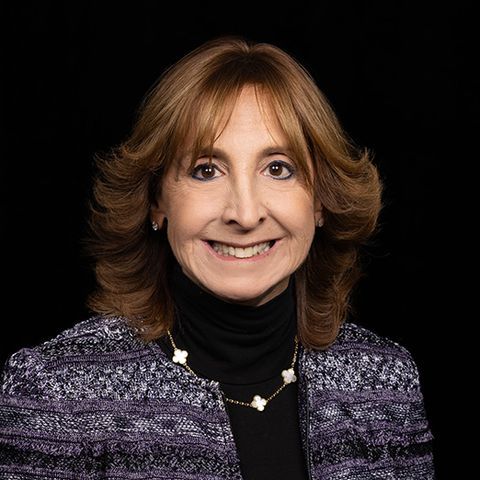Firm News
Schulte Roth & Zabel partners Andi Mandell, Polly O'Brien, and Boris Ziser featured at International Litigation Finance Forum
November 11, 2024
Schulte Roth & Zabel partners Andi Mandell, Polly O'Brien, and Boris Ziser were all featured speakers at IMN's 3rd Annual International Litigation Finance Forum.
Andi Mandel presented on the 'Economics of the Market: Funding Options, Structures an Pricing" panel.
Polly O'Brien presented on the 'Latest in Legal: PACCAR, CJC Review and More" panel.
Boris Ziser presented on the 'Ethics, Disclosure Regulation and Outside Equity Investments" panel.
Key takeaways from forum:
- Panelists were of the view the European litigation finance market is growing but is likely to be affected by developments from the US. They acknowledged the current lobbying from big business in the US may lead to more regulation and disclosure on funding arrangements.
- Europe is still fragmented between member states in their regulatory approach to litigation financing – Netherlands and Portugal being countries where panelists saw more activity than others. However panelists also remarked on the positive developments in Germany which has started to provide businesses with greater clarity by conforming to international arbitration standards although the slow implementation of the EU Collective Redress Directive across Europe suggests there is still some way to go for a uniform approach across the EU.
- Panelists generally agreed that we will see slow and steady development in European litigation finance rather than an “explosion” of business in the future, although there were some discussions around “mini-explosions” specific to certain types of funding across different jurisdictions i.e. CAT funding in 2021, group litigation funding and arbitration funding.
- Litigation finance is widely regarded to be an uncorrelated asset class for credit investors, but some panelists acknowledged that the macro factors affecting traditional asset classes still affect the litigation finance market all the same. Funders discussed how changes in global interest rates don’t necessarily affect the end user of litigation finance but their cost of capital will affect which cases and funding arrangements they take on.
- Panelists thought pricing on litigation funding has generally been on a downward trajectory which is positive news for borrowers. Some however noted that insurance premiums have remained relatively steady but that those costs are harder to benchmark given the underwriting is on a case-by-case basis.
- A lot of the funders identified duration of the underlying cases as a key challenge for them if they have to commit more capital than they initially budgeted. This was seen to be particularly problematic for funders due to a lack of secondary market for litigation financing currently. Some funders mentioned they do see secondaries participation where investors look to take on distressed deals at the right price or where some funders sell a small portion of their portfolio to try and mark their overall position. However most panelists acknowledged duration risk is not being mitigated by liquidity offered in secondaries.
- Some participants in the US saw a rise in US mass torts being funded relative to certain other case categories. They attribute such rise in US mass torts funding due to potential higher recoveries and diversification benefits by pursuing multiple claims with different lawyers and strategies across US states.
- There was consensus among panelists that, while the market has adapted well in the wake of PACCAR, a legislative reversal (while not currently high on the political agenda) remains imperative. The panel was split as to whether legislation would be passed in 2025 or 2026, but remained optimistic that it was a case of ‘when’ and not ‘if’.
- While the non-prescriptive approach taken by the European Law Institute (ELI) in their recently published ‘Principles Governing the Third Party Funding of Litigation’ has been widely welcomed by the litigation funding market, certain recommendations which extend beyond existing codes of conduct (such as disclosure of source of funds) merit further consideration. Nevertheless, panelists were optimistic that the ELI Principles could be viewed as a potential temperature gauge for the Civil Justice Council’s impending interim report.
- Panelists did not see an urgent need for legislation to address ethics or conflicts concerns arising from the presence of a third-party litigation funder. The general consensus was that the market is functioning well, as duties already exist between lawyers and their clients and the legal profession is highly regulated, which should provide sufficient protection for underlying claimants.
- In the US, there have been numerous bills recently introduced to regulate litigation funding with common themes emerging around disclosure of source of funds, the funding agreements and prohibitions on certain non-US capital. It was noted that the proposals call for one-sided disclosure and would be prejudicial to a plaintiff’s case while allowing the defense to avoid sharing similar information.




